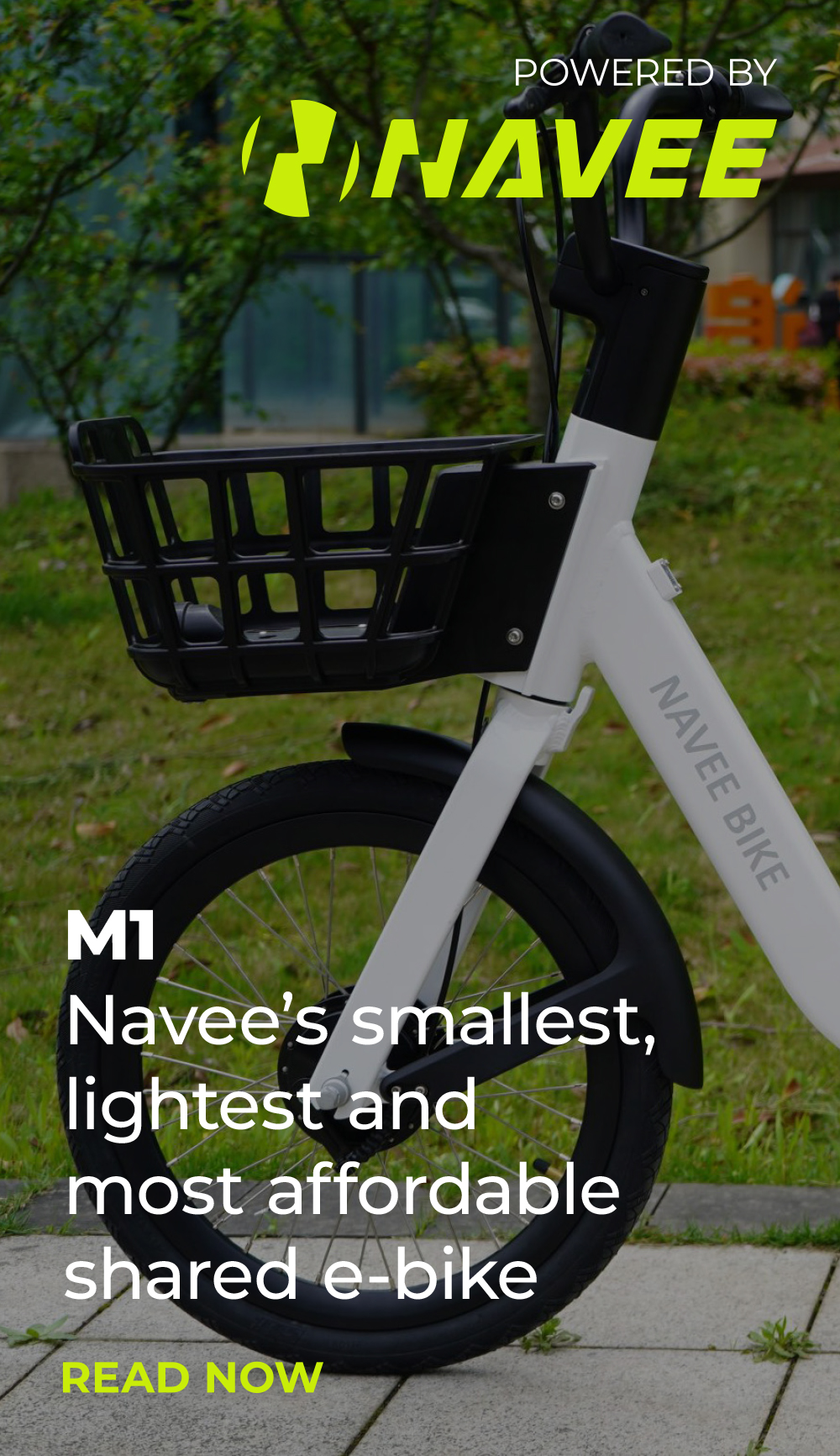Riders have now made approximately 30 million journeys since the UK’s shared e-scooter trials began in summer 2020, according to Zag Daily’s latest data research.
There are currently 24,000 shared e-scooters divided into 45 fleets available as part of the UK trials.
This comes as the existing e-scooter trial that runs to 30 November 2022 will come to an end, and local authorities must now decide whether to withdraw from the trials or continue with an extension to 31 May 2024. The new trial is to allow the UK government enough time to better understand the benefits of properly regulated, safety-tested e-scooters and their impact on public space.
Trials continuing
Zag understands that most trials will be continuing, including the largest and most successful fleet – Voi’s 3,000-strong operation in Bristol. This particular trial has seen around seven million journeys since launching just over two years ago – the council is retendering next year rather than Voi continuing uncontested to 2024.
London, where Dott, Tier and Lime operate, has seen around two million journeys since its launch last summer, and is also retendering next year for the final year of the trials.
Many other trials have been extended without retendering announced at this point, including Birmingham, Southampton and Cambridge. Most of these extensions will run until summer 2024, with small numbers for a shorter length.
Commenting on Zag’s findings, Voi’s Head of Public Policy for UK and Ireland Matthew Pencharz, said: “Reaching more than 30 million rides highlights the UK as one of the most dynamic and exciting markets for micromobility in Europe.
“Over the last two years, Voi has established itself as an important part of people’s daily lives in how they get around. Recent research shows that in 2022 alone its services created more than £50m in economic and social value.
“While there has been a demonstrable success in the modal shift away from the car, micromobility remains a nascent industry in the UK. For the long-term viability of the industry, operators need to work actively with cities and central Government to ensure a level playing field for all and that the cost of operating in the UK doesn’t threaten their ability to deliver a financially sustainable service.”
Likely extensions
We have not had confirmation yet for some of the larger fleets like Northampton, Nottingham and Newcastle but related announcements of fleet innovations in many of these cities suggest an extension is most likely.
Liverpool is the largest fleet for which there has been no extension news yet. But Voi has recently launched a small electric bikeshare fleet here, complementing the e-scooters and replacing a loss-making council-run service, so presumably it has a very positive relationship with the council at the moment. Also, as riders have carried out around three million trips in Liverpool in just over two years, it is a service that Voi is surely interested in continuing too.

No news yet
There are some trials such as in Redditch, Hartlepool and Scunthorpe, where there has been very little news at all, but some fleets have been shrinking. This may be in preparation for the normal lower use during the cold winter months, while some discussions with councils may be going right down to the wire. Zag will keep you informed on any progress.
Trials closing
Two trial locations – Slough (Neuron) and Canterbury (Bird) – have confirmed that they are not continuing beyond this month. Sunderland is changing operators – Neuron did not wish to continue here, but the council has awarded Zwings a contract to continue the service.
Slough and Canterbury will join Newcastle-under-Lyme, Stafford, Chard, Crewkerne, Redcar, Coventry city centre, Rochdale and Clacton as the places where trials finished without a replacement. These decisions show that not every town or city in the UK is right for e-scooter sharing.
Commenting on the research, CoMoUK’s Chief Executive Richard Dilks, said: “This is a momentous milestone for the shared e-scooter trials in England to have reached, showing sustained levels of popularity for this new alternative transport option.
“With the Minister recently confirming the Government’s intention to create a new powered light vehicle class that would legalise e-scooters, we want to see that happen as soon as possible to harness this popularity, along with the benefits it brings, while dealing with the lack of regulation of private e-scooters.”
Extension status:
- Confirmed: London, Bristol, Bath, Birmingham, Cambridge, Southampton, Bournemouth/Poole, Colchester, Chelmsford, Salford, Portsmouth, Basildon, Norwich, York, Cheltenham, Chester, Isle of Wight, Great Yarmouth, High Wycombe, Aylesbury, Yeovil, Gloucester, Princes Risborough, Sunderland (with new operator), Taunton, Minehead.
- Anticipated: Liverpool, Nottingham, Northampton, Newcastle, Milton Keynes, Kettering, Wellingborough, Corby, Rushden & Higham Ferrers, University of Warwick, Oxford, Middlesbrough.
- No news yet: Redditch, Hartlepool, Scunthorpe, Whitehaven, West Bromwich.
- Closing: Canterbury, Slough.
FACTBOX:
Zag reports the journey counts so far for the largest fleets in the UK trials:
- Bristol (Voi): 7.1 million in 25 months
- Liverpool (Voi): 3.4 million in 25 months
- Northampton (Voi): 2.1 million in 26 months
- Nottingham (Superpedestrian replaced WIND): 2.1 million in 25 months
- London (Tier, Lime and Dott): 2 million in 18 months
- Also over 1 million: Milton Keynes (Lime, TIER, Ginger), Birmingham (Voi) and Cambridge (Voi).
- Close to 1 million: Newcastle (Neuron) and Southampton (Voi)
Figures may not match with operator-provided statistics because we consider individual cities/urban areas rather than multi-city contracts, are only looking at e-scooters rather than e-bikes, and are not including long-term rentals.






